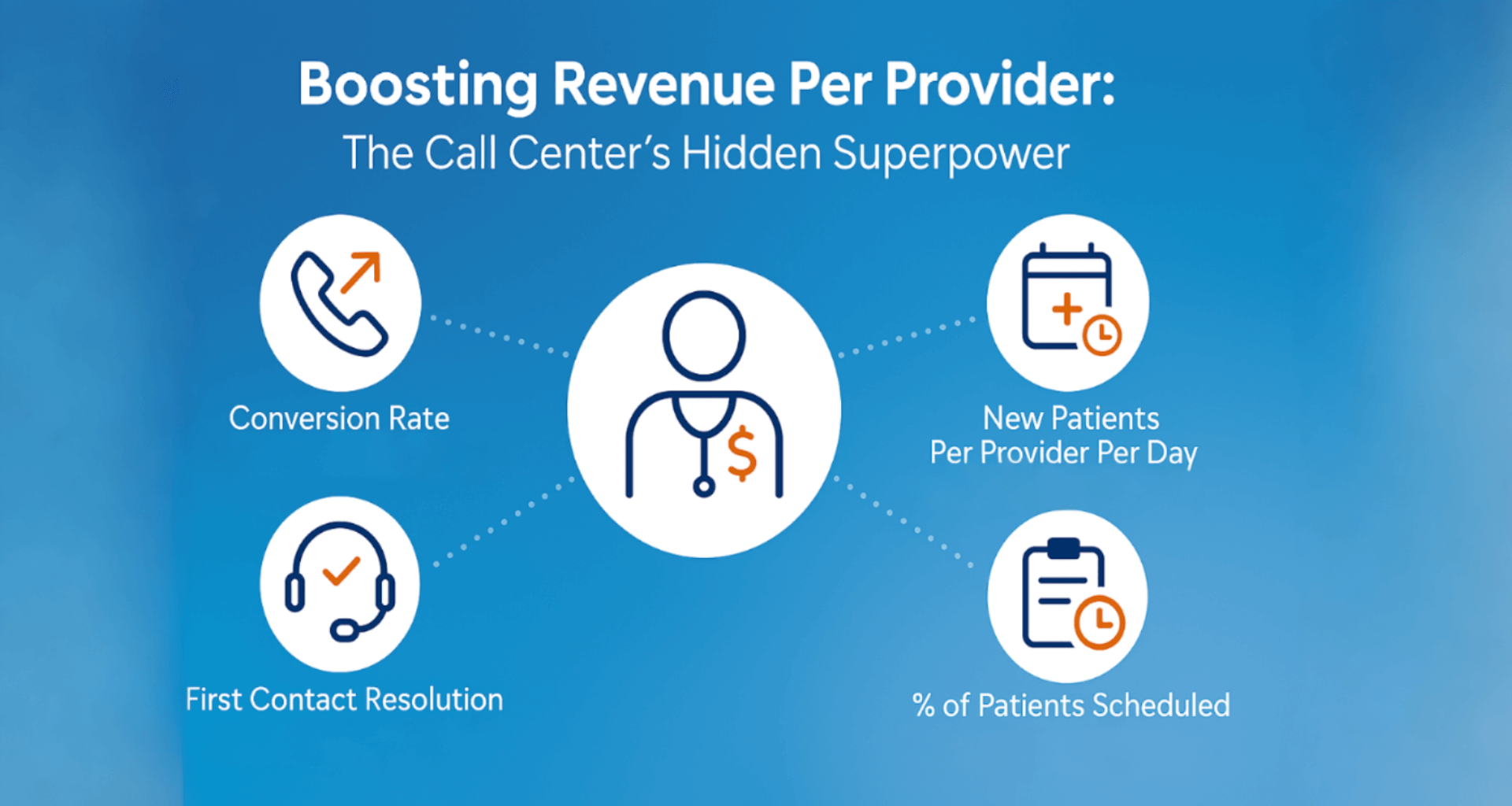
Heading into 2025, healthcare organizations face increasing pressure to digitize patient access while protecting sensitive health information.
Healthcare CRMs have transformed patient access, enabling streamlined communication, self-service tools, and efficient care coordination. But these benefits must be balanced with the highest levels of patient data protection. For medical directors, CTOs, and healthcare executives, this raises a critical question: How do you expand digital patient engagement without compromising security?
Securing Your Healthcare CRM: What Leaders Need to Know
Healthcare organizations are rapidly adopting CRM platforms to streamline patient access. But with healthcare data breaches averaging $10.1 million in costs, security can't be an afterthought.
Here’s what leaders should demand from their CRM:
Enterprise Security Certification
A reliable healthcare CRM prioritizes compliance and continuous monitoring:
- A minimum of SOC 2 Type 2 compliance with year-round monitoring
- HIPAA Business Associate compliance to meet regulatory standards
- Annual third-party security audits to address emerging threats
- Continuous system health monitoring and vulnerability manageemtn
Critical Infrastructure Protection
Protecting sensitive healthcare data starts with a robust IT foundation:
- Microsoft Azure tier-4 hosting with geographic redundancy
- AI-powered threat detection for real-time response to cyber threats
- Next-generation firewall to guard the perimeter
- Real-time vulnerability management to eliminate risks
Healthcare-Grade Data Security
Advanced encryption and role-based controls safeguard patient data:
- End-to-end encryption for all patient data
- Secure Active Directory integration for secure user authentication
- Role-based access controls to limit sensitive data access
- Complete audit logging for accountability and compliance
- Multi-factor authentication (MFA) for access to any business resource
Digital Patient Access: Balance Convenience with Control
Modern patient engagement tools must balance usability with airtight security. Look for capabilities that enhance secure patient engagement, such as:
- Patient self-scheduling
- Secure messaging
- Telehealth integration
- Digital intake forms with automated workflows
CareDesk delivers these capabilities while maintaining enterprise security through:
- AES-256 encryption to protect data during transit and at rest
- Geographic failover ensuring 99.99% uptime
- Rapid recovery capabilities (4-minute RPO, 1.5-hour RTO)
- 7-year backup retention for long-term compliance
Measuring Success: Security KPIs for Healthcare CRMs
To ensure continuous security, healthcare leaders should track key performance indicators (KPIs), such as:
Key metrics to monitor:
- Incident response time: How quickly are threats addressed?
- System availability: Is the platform consistently operational?
- Access control effectiveness: Are unauthorized access attempts prevented?
- Vulnerability remediation speed: How fast are risks resolved?
- Compliance status: Are all regulatory requirements met?
Implementation Best Practices
When implementing a healthcare CRM, follow these best practices to maximize security:
- Assess current security gaps im your current processes
- Define access control policies aligned with organizational needs
- Plan integration security for EHR's and third-party tools
- Train staff on security protocols and data protection
- Monitor security metrics continuously to identify weaknesses
The Future of Secure Patient Engagement
Healthcare security must evolve alongside digital innovation. As you scale your digital health security, look for trends such as:
- AI-enhanced threat detection
- Automated compliance monitoring
- Advanced encryption standards
- Enhanced authentication methods
Take Action
Healthcare leaders can't afford security compromises. Evaluate potential CRM partners based on:
- Proven security certifications
- Robust infrastructure protection
- Advanced data encryption methods
- Reliable business continuity plans
- Demonstrated compliance history
Posted By

Stephen Dean is COO of Keona Health, where he’s spent 13 years building AI systems that transform patient access. Before “agentic AI” was a term, his team was deploying autonomous systems that now handle millions of patient conversations annually.
Related Post
July 30, 2025
when patients call, they’re not just dialing a number—they’re reaching for help. and...
April 10, 2025
in healthcare, every interaction is a decision point—one that can impact outcomes,...


